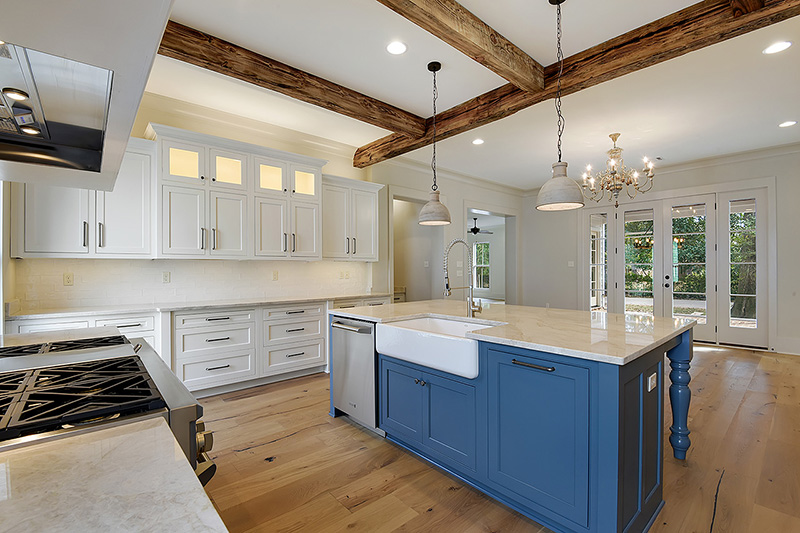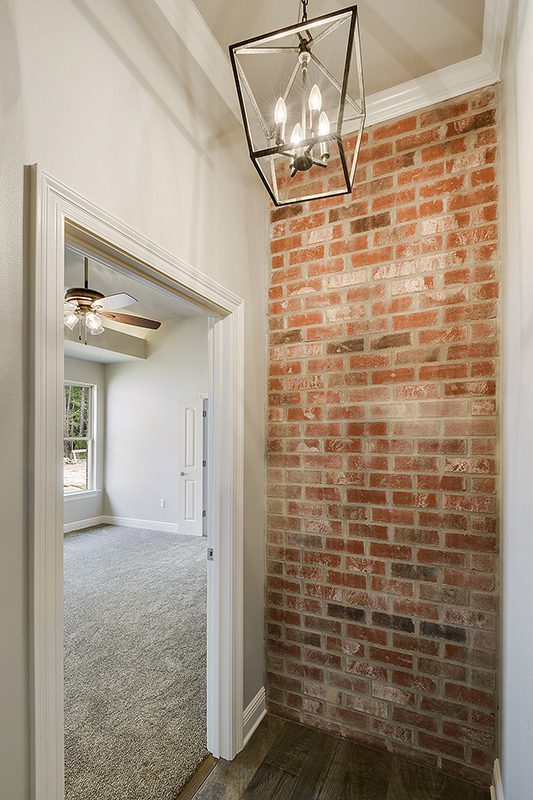There are many tools that you can use during the home buying process. You can do the majority of your own research by using online resources on the Internet. You can manage your finances and credit and get quotes from lenders and banks on your mortgage. You can research different areas of town to find the best locations to buy your home by checking out reviews of area information. Once you find out how much you are able to spend, where you
want to purchase your home, and different homes that you would like to actually go out and visit, you can retain a Realtor to act as your buyer’s agent to buy your new home.
Even if you hire a Realtor, you are going to want to stay the savvy, “in the know” home buyer who knows the questions to ask and the information to get in order to get the best home for the huge investment that you are going to make on your home. Below is information which is important to know when buying a new home.
What Is Allowed
Unless you are buying a home in an established community with known restrictive covenants and a homeowners association, you are going to want to make sure that anything you want to do to or store at your home is allowed.  Zoning laws can hamper a new homeowner’s aspirations by not allowing you to run a business out of your home, build a workshop at your house, build a fence, store your boat or RV, or add an addition. So, before you sign on the dotted line, be sure to know if the home you are buying has any zoning or covenant restrictions.
Zoning laws can hamper a new homeowner’s aspirations by not allowing you to run a business out of your home, build a workshop at your house, build a fence, store your boat or RV, or add an addition. So, before you sign on the dotted line, be sure to know if the home you are buying has any zoning or covenant restrictions.
Use an Inspector
If you are buying your home “as is” with no changes or required improvements by the seller, then you won’t need to worry about the condition of the home. However, if you want to make sure that you get your return on investment, and don’t “buy a lemon,” you will want to make sure you get a home inspection. Realtors know many people in the real estate industry, so they may be able to recommend a quality inspector to you, but make sure that the inspector they use is extremely thorough and has your, as the buyer, best interests in mind when making the inspection. You definitely don’t want an inspector who glosses over a report so that your Realtor can “make the sale.” You may want to get a referral and hire your own inspector. If necessary, get the seller to cover the cost of a home warranty that covers all major appliances and structural systems of the home to “cover your bases,” as well.
Your Contract
Just like your parents and teachers always taught you, don’t sign anything unless you read it. This applies to every piece of paperwork that you are going to sign regarding your new home purchase, from your contract, to counter  offers, to waivers, to your closing documents. Not only should you make sure that you read everything, but you should also be sure to “read all of the fine print.” If there is anything that you absolutely don’t understand, make sure you get it clarified before you sign anything. Another important point about this is to get everything extra in writing. This includes everything that is outside of or not written on the paperwork that you are reading and signing. If the seller promises to fix a faucet, repair a door frame, or include additional equipment to “make the sale,” make sure you get it in writing.
offers, to waivers, to your closing documents. Not only should you make sure that you read everything, but you should also be sure to “read all of the fine print.” If there is anything that you absolutely don’t understand, make sure you get it clarified before you sign anything. Another important point about this is to get everything extra in writing. This includes everything that is outside of or not written on the paperwork that you are reading and signing. If the seller promises to fix a faucet, repair a door frame, or include additional equipment to “make the sale,” make sure you get it in writing.
Negotiate Everything
Most everything is negotiable when buying a home from the home price, the purchase of a warranty, home repairs / deductions, and closing costs. Any chance you see to save yourself some money, attempt to negotiate. It never hurts to ask the seller, especially if you are already qualified with guaranteed money from your lender. The worst thing that can happen is that the seller can so no.
Using the tips above along with the other tools at your disposal to make a good home buying decisions, you can retain a Realtor and then monitor the process yourself to make sure that you are fully informed during your home buying process.



